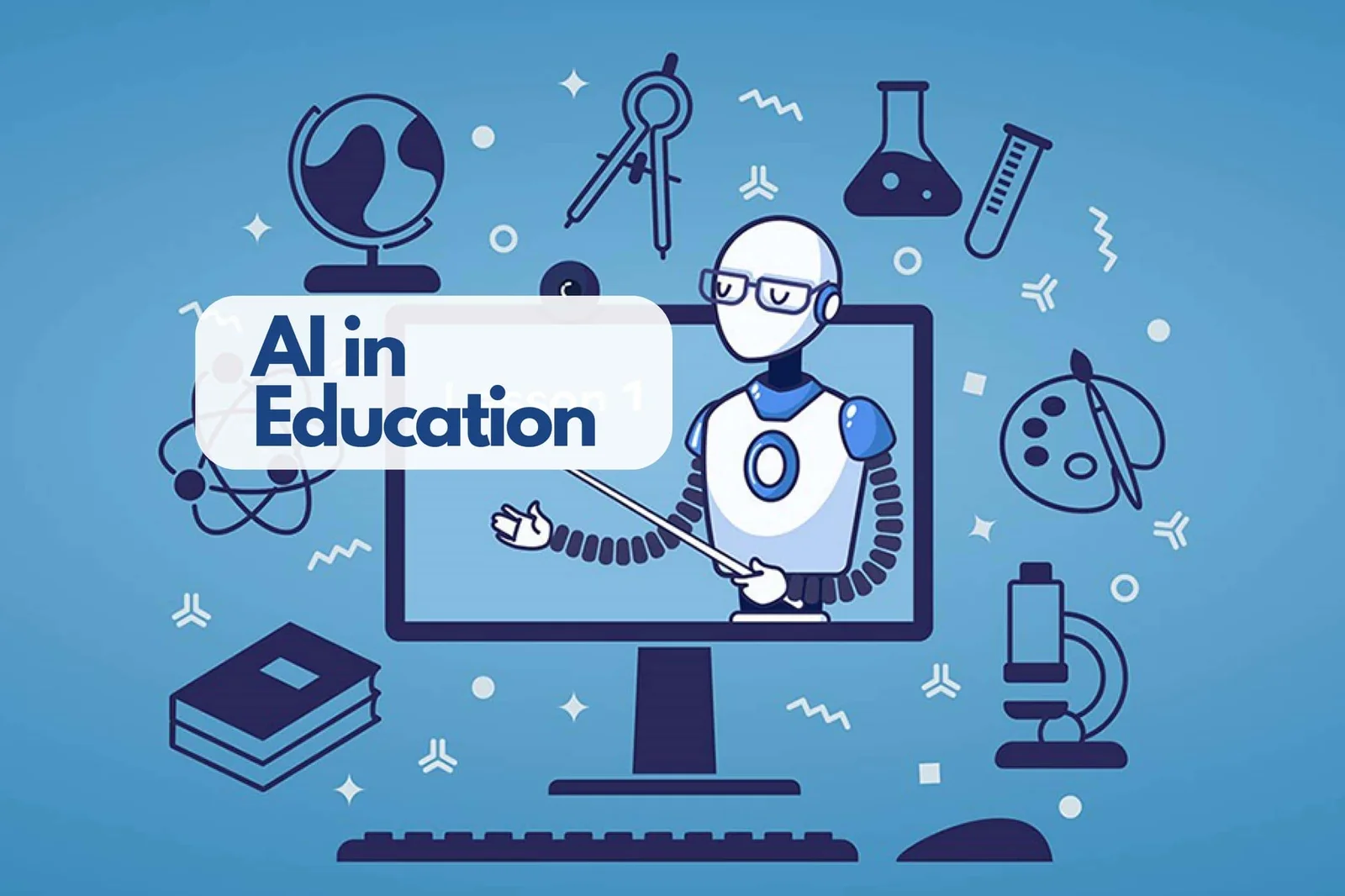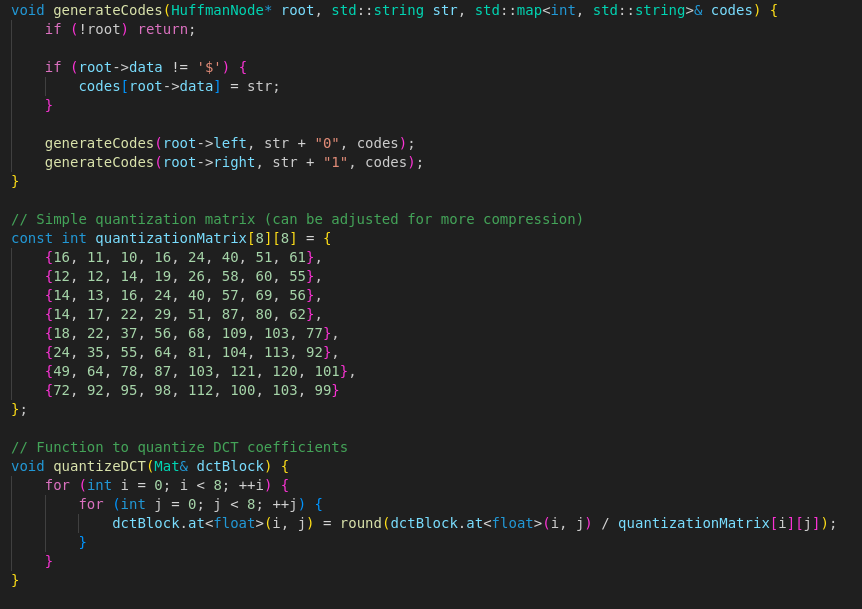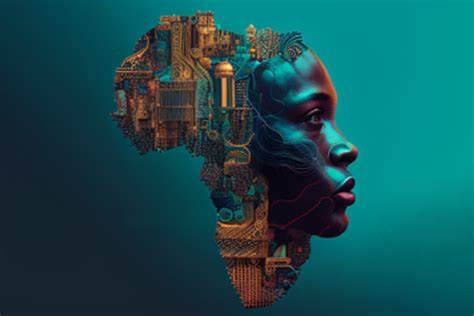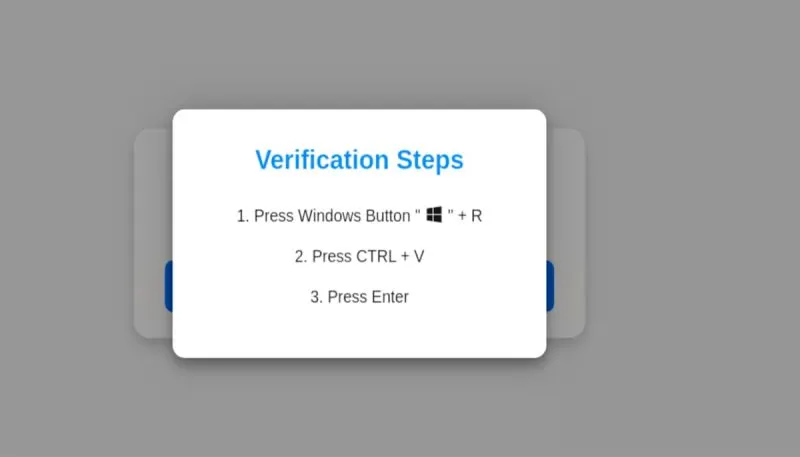Unicef Pushes For Ethical Ai Integration In Education

UNICEF has called on educators and policymakers to embrace Artificial Intelligence (AI) in education to improve learning outcomes while preserving human agency. Themed "Artificial Intelligence (AI) and Education – Preserving Human Agency in a World of Automation," the 2025 International Day of Education emphasizes ethical AI practices to create an education system where technology complements human values.
To achieve this, UNICEF advocates empowering teachers, encouraging critical thinking, and ensuring equitable access to AI tools. By doing so, education systems can prepare students for a future shaped by automation without compromising ethical standards.
In Nigeria, UNICEF’s Nigeria Learning Passport (NLP) program exemplifies this approach. Designed to offer quality education in remote areas, the platform provides flexible, interactive courses in local languages like Hausa, Igbo, and Yoruba.
It serves students across various levels, from early childhood to vocational training, and functions both online and offline. However, funding challenges have hindered the program's monitoring and evaluation efforts.
Despite such strides, AI awareness among students remains limited. Interviews with secondary school students in Calabar revealed that AI is not part of their curriculum, leaving many unfamiliar with its significance. Some students, like James Inaji of Hope Waddell Training Institute, only learned about AI informally through siblings.
Efforts to include AI in school curriculums are yet to materialize, as officials from the Cross River State Ministry of Education were unavailable for comment. Sources indicate that AI education is currently excluded from the state curriculum.
UNICEF’s initiatives underscore the potential of AI in transforming education, but they also highlight the need for increased funding, curriculum reform, and public awareness to bridge the gap between technology and traditional learning systems.





















Comments